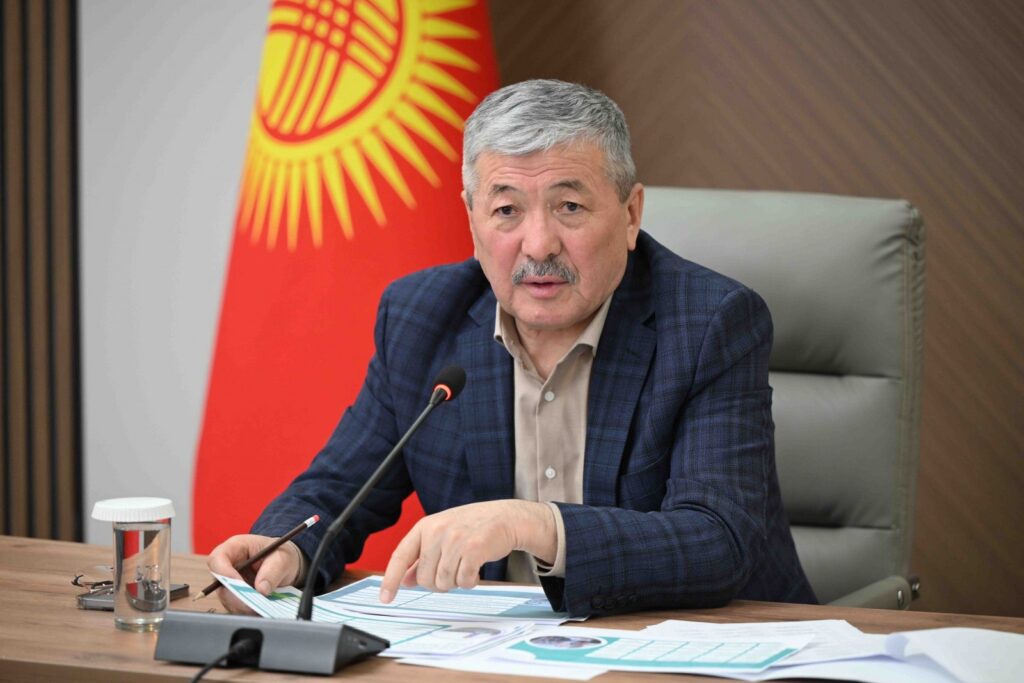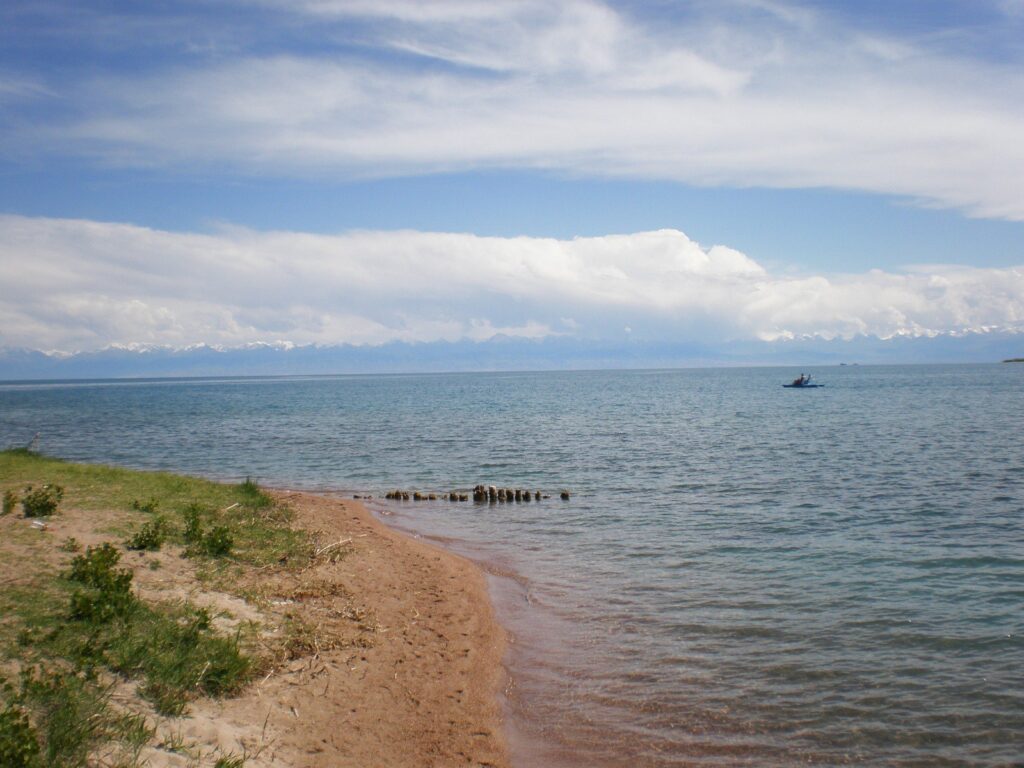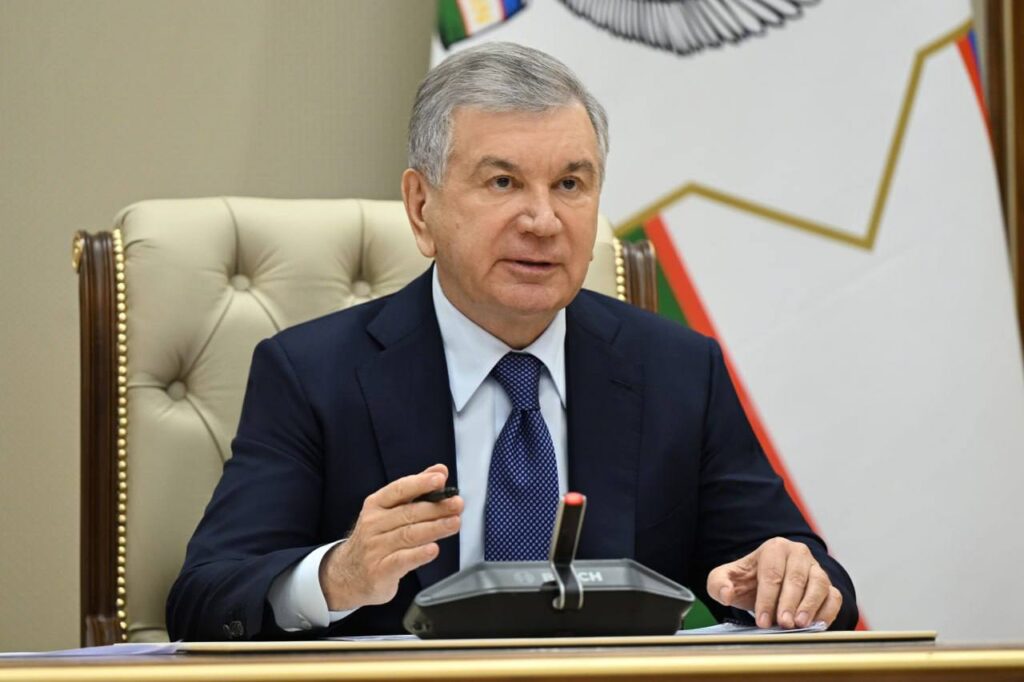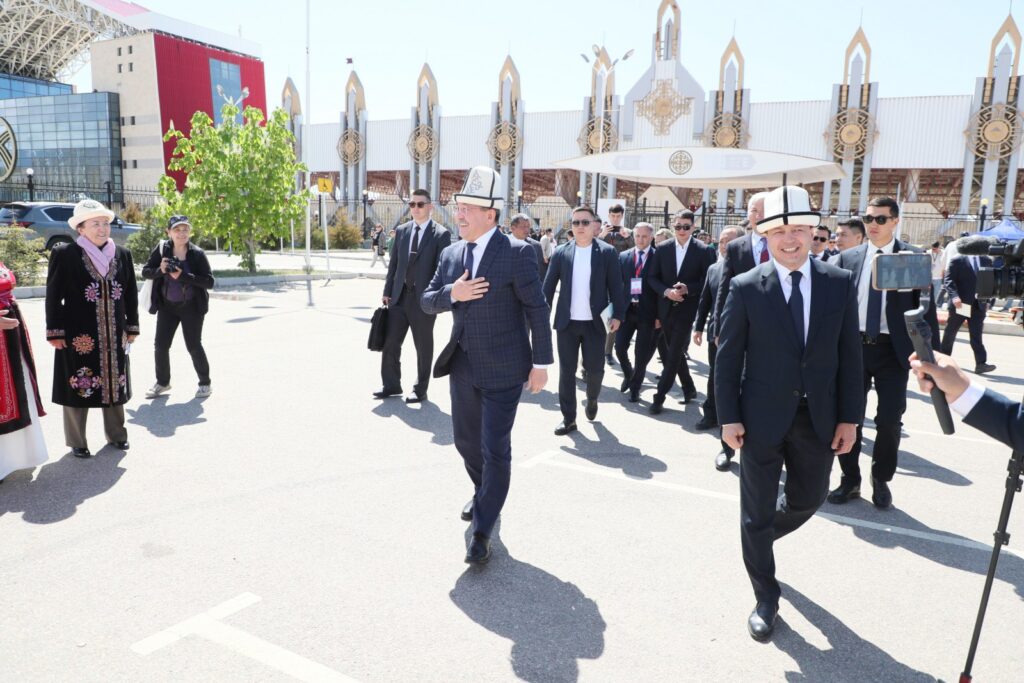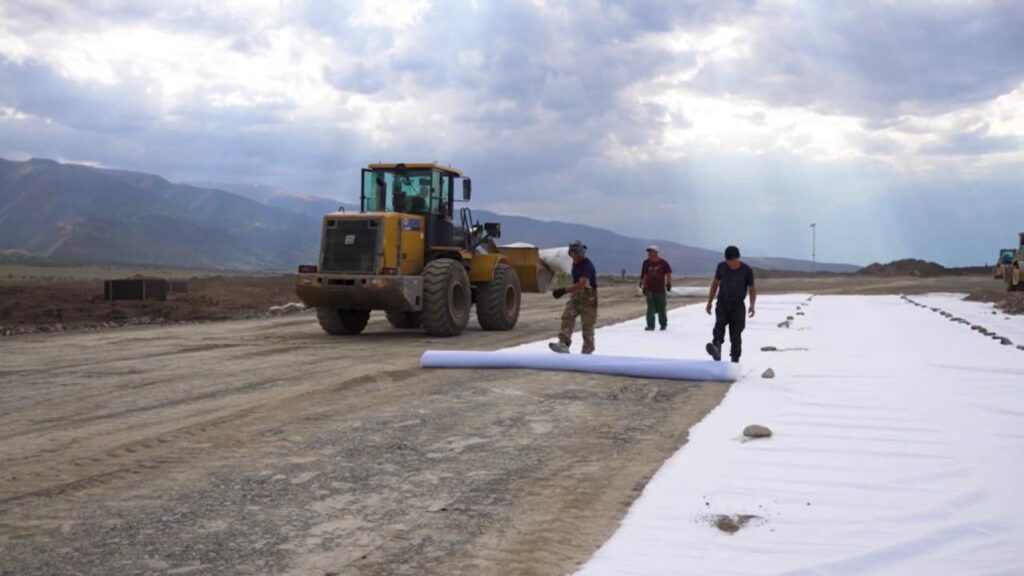ISSYK-KUL, Kyrgyzstan (TCA) — A two-day roundtable discussion on the importance of environmental protection for sustainable development of tourism in the Issyk-Kul region of Kyrgyzstan completed on June 27 in the country’s popular tourist resort. Organized jointly with the OSCE Centre in Bishkek and the Aarhus Centre, the event aimed at raising awareness of local communities on how to preserve the environment and create necessary conditions for the local population and visitors during the tourist season.
Representatives of hotels and resort facilities, environmental services and public organizations of the Issyk-Kul region gathered to discuss current environmental problems and possible ways of addressing them through active public scrutiny. The participants also exchanged ideas on how to minimize the negative influence of the tourist activities on the ecology of the region.
On the second day of the event the OSCE and Aarhus Centres organized a clean-up campaign with the support of divers and local NGOs in the resort in the village of Bosteri at the Issyk-Kul Lake.
“Public participation in decision making on environmental matters is an overarching principle of the Aarhus Convention,” said Adel Nurbekov, Director of the Aarhus Centre in Bishkek noting that the clean-up campaign in the coastal areas of Issyk-Kul proved to be a successful initiative in bringing together the representatives of non-governmental organizations and local authorities.
Edoardo Da Ros, Economic and Environmental Officer at the OSCE Centre in Bishkek, said: “The Issyk-Kul Lake is a national treasure and a great economic asset to Kyrgyzstan. The development of tourism in this area created hundreds of jobs over the last years. However, it has also exposed the lake and its surroundings to significant pollution risks.”


